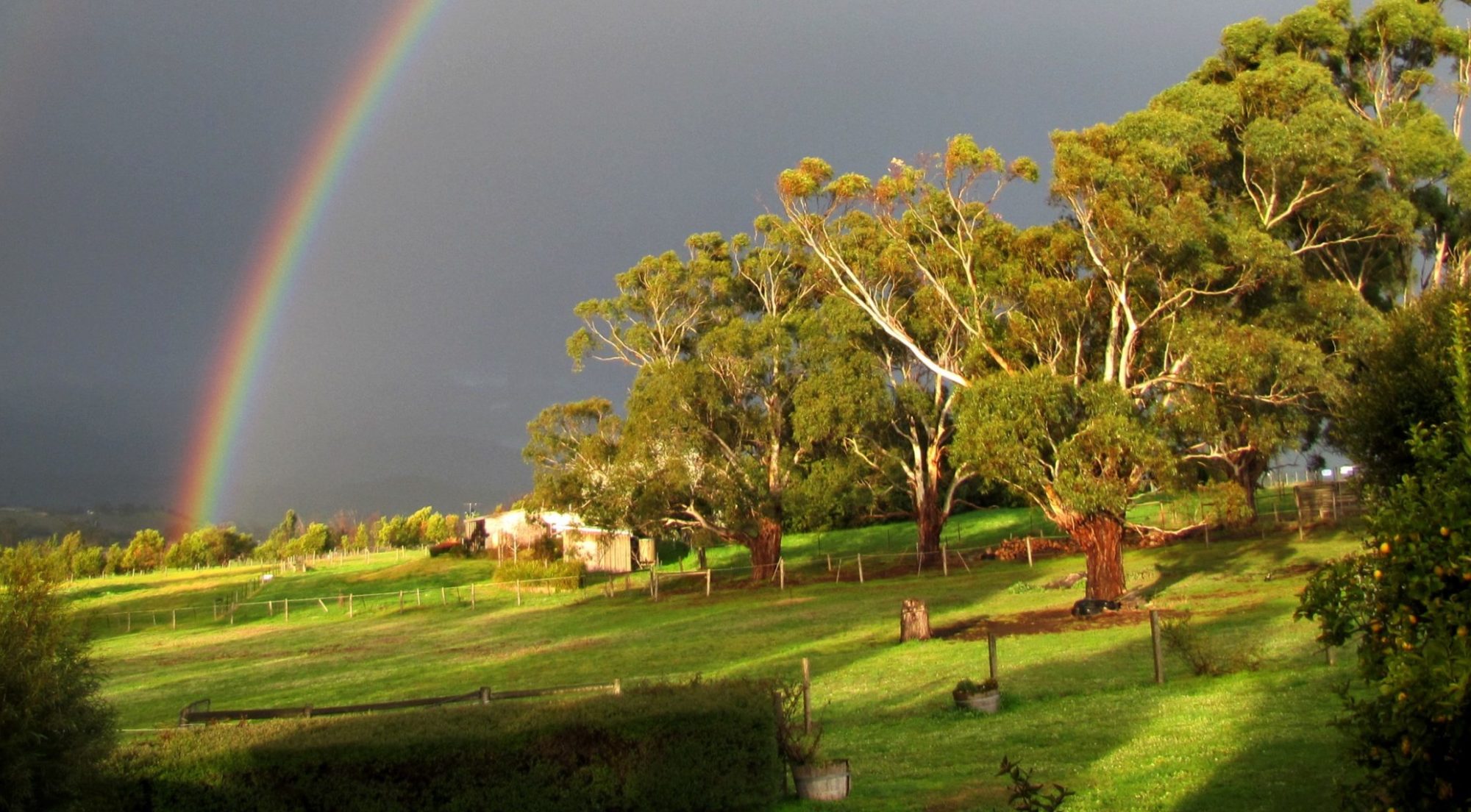Two years ago, the first Covid case was diagnosed in Australia. Since then, we have seen this pandemic spread throughout our land. We have seen thousands affected with the virus and sadly, many deaths have occurred.
We have heard how nurses have interrupted their duties to sit and hold the hands of the dying whose family were not allowed to be with them.
Nowhere have we heard of how our bishops and priests sought permission to wear full PPE and offer to sit with the dying. What would Jesus do in this situation? He certainly had no compunction about touching and being near those with leprosy who sought to be healed.
Our priests and bishops were closely following the government’s directives lest they and their congregations might contract the virus. But what of those who had already contracted the virus and those closely associated with them?
The clergy found it was safe to get into their vestments and perform the Mass ritual in front of a camera, social distancing of course, so Catholics could watch on their TV sets.
But, what they failed to understand was that we are a missionary church and we don’t come to church just to partake in the Mass ritual. We gather to gain strength from each other, to be nourished by the Word and fed by the Eucharist so we can return to our missionary roll with new enthusiasm.
So, what was done to enable us to receive the Eucharist? We are told the Eucharist is the summit and source of our faith, yet it seems the only way we can be nourished by receiving the body and blood of Christ is to attend mass in a church.
People were in lock-down for months in some cases and at times when some churches were allowed to operate, we needed to have a pre-booked ticket to attend the Eucharist. What consideration and arrangements were made for those who couldn’t get in? Could tents have been erected outside and a TV service provided. Could local school accommodation be used effectively? What special arrangements were even considered for the unfortunate people unable to acquire a ticket?
Jesus told Peter three times to feed his lambs and his sheep. I think that made it fairly clear what He wanted done. But then at the Last Supper Jesus said ‘Whenever you do these things, you do them in memory of me’. He asked the Father to bless the food and drink they were having and through this means He gave Himself to them. I see no mention in scripture where only Catholic priests should be the only ones to continue this procedure.
As baptised Christians, I believe we are direct descendants of the first Christians. In John’s Gospel, Chapter 8, we read how Jesus was talking with some Jews who believed in Him. He said, “If you remain in my word, you will truly be my disciples, and you will know the truth, and the truth will set you free.”
For those in lock-down and those unable to attend a church, how edifying it would have been, if while viewing the Mass on TV, they could have shared a meal as Jesus did and with reverence know that the Holy Spirit alive in each one of us converted our food and drink into the Blessed Eucharist.
If you are in isolation and you need food you can ring Coles or Woollies and get whatever you want delivered to your door. The same with a pizza and meals from other fast-food outlets. Yet, the Eucharist is not available, be it by home delivery or from a central point perhaps beside the church.
I think maybe our bishops couldn’t allow free access to the Eucharist because that would seriously affect the control they believe they have over us with transubstantiation. Yet, it is the Eucharist that is our ‘food for the journey’.
Early in the pandemic days I suggested to the Victorian bishops that the church could set up an Australia wide phone centre manned by priests who would be available to receive calls from Catholics who were undergoing stress and family difficulties and needed some spiritual counselling. I didn’t even get a reply.
For eighty years I have lived out the teachings of the Catholic church but sadly it is only recently I have come to realise the church hierarchy form just another business organisation. So much is written that I have devoured and believed but I have had first-hand experience with the way I am supposed to accept what is written as against the reality of what really happens.
Statements have been issued telling of the new transparency within the church concerning victims of sexual assault by priests and religious. My experience has proven the hierarchy are not prepared to assist in bringing culprits to justice. Nor are they at all concerned about the needs of victims or victim’s families.
Nowadays I am content to determine what I believe the merciful Jesus would do in different situations and follow this prompting. No longer do I want to belong to a church whose hierarchy is only interested in controlling the people and maintaining the organisation. I just want to maintain a close relationship with the Blessed Trinity and love my neighbour as Jesus has instructed.
Peter Mack 26 January 2022 (Australia Day)
